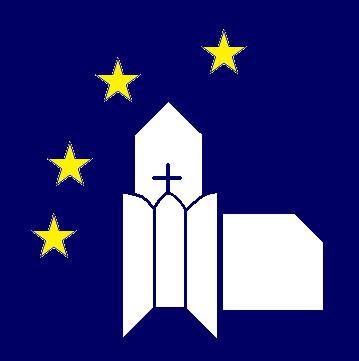Sylvie Kempgens from PAVÉS, (Pour un autre visage d'Eglise), a Belgian member group of the European Network Church on the Move EN-RE is doing important work to interest the different EN-RE member groups to support our delegates who volunteer in the following INGO conference committees
Rights of Persons who are Migrants: Fernand Jehl (Jonas / Parvis). Although the terms of reference are only in English, Fernand can provide you with information in French
Action for Social Rights: Sylvie Kemgens (Pavés) / Henk Baars (Marienburg)
Interreligious and interconvictional dialogue: Hugo Castelli (Redes Cristianas)
Environment, Climate Change, Heritage and Health: Nobody for now
Environmental and health crisis: governance and solidarity issues: Nobody for now
Human Rights and Artificial Intelligence: Nobody for now
Civil Society Committee on the Rights of the Child: Nobody for now
NGOs as advocates for gender equality and women's rights: Hugo Castelli (Redes Cristianas)
The first seven committees were approved by the Conference on 28 April and the eighth on 6 October 2021.
If you wish to participate in these committees, you can do so by contacting
The Conference of INGOs is one of the three legislative bodies of the Council of Europe. The other two are the Parliamentary Assembly (PACE) and the Congress of Local and Regional Authorities, whose members are deputies and senators elected in the 47 member states of the Council, in numbers proportional to the total number of inhabitants of each state and according to the number of voters of each party.
The executive is the Committee of (Foreign) Ministers of the 47 member states, which works with the help of the ambassadors/permanent representatives of each state and who are based in Strasbourg.
The Court of Human Rights acts as a court of last resort when human rights complaints are rejected by the supreme courts of the Member States.
The official languages of the Council of Europe are English and French, and one of these languages must be used when addressing members of the committees from your country, and all delegates and officials of the Council must use one of these languages in their work in the Council.
However, there are a number of documents that are available in many European languages. For example:
Who we are (available in 37 European languages)
Sexism: See it. Name it. Stop it.
How to convey child-friendly information to children in migration
A mosque in Sleepyville, an example of some 40 topics for discussion with young people on human rights
The next step is to search the various specialised departments of the Council of Europe. You should also check the assessment of your country's commitments to the Council of Europe and bear in mind that all your country's agreements with the Council of Europe are published in your language as they are the result of decisions by your country's parliament.
Translated with www.DeepL.com/Translator (free version)
